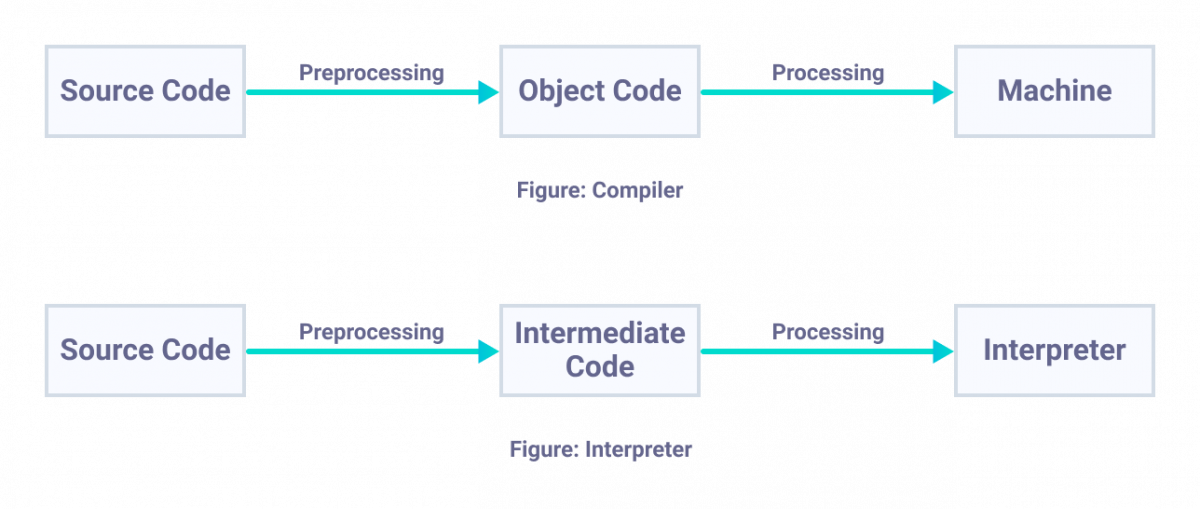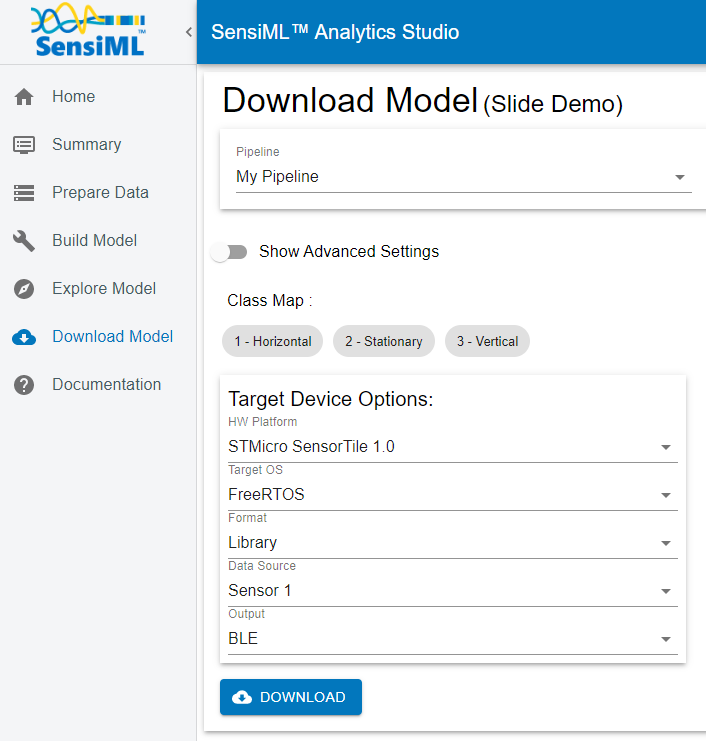


Defining Compiler OptimizationsĪn optimization is the process of transforming a piece of code into another functionally equivalent piece of code for the purpose of improving one or more of its characteristics. However, such optimizations are outside the scope of this article. There are other important optimizations that are currently beyond the capabilities of any compiler-for example, replacing an inefficient algorithm with an efficient one, or changing the layout of a data structure to improve its locality.
#DOES COMPILING CODE TAKE A LOT OF RAM HOW TO#
However, it demonstrates the optimizations you really want to know about and how to communicate with the compiler to apply them. This article is by no means a complete examination of the optimizations performed by the Visual C++ compiler. The purpose isn’t to tell you how to manually optimize the code, but to show you why you can trust the compiler to optimize the code on your behalf. I’m going to discuss the most important optimization techniques and the decisions a compiler has to make in order to apply them. This article is about Visual C++ compiler optimizations. Rather than manually optimizing code, you should consider aspects of your design, such as using faster algorithms, incorporating thread-level parallelism and using framework-specific features (such as using move constructors). In fact, manually optimizing the code might prevent the compiler from performing additional or more efficient optimizations.
#DOES COMPILING CODE TAKE A LOT OF RAM MANUAL#
It’s much better to focus on writing understandable code, than making manual optimizations that result in cryptic, hard-to-maintain code. They can transform loops, conditional statements, and recursive functions eliminate whole blocks of code and take advantage of the target instruction set architecture (ISA) to make the code fast and compact. For this reason, compilers attempt to automatically optimize the code to improve its performance, and they’ve become quite sophisticated in doing so nowadays. Ideally, you should write understandable, maintainable code-without compromising performance. However, one disadvantage of writing code in a high-level programming language is the potentially significant decrease in performance. High-level programming languages offer many abstract programming constructs such as functions, conditional statements and loops that make us amazingly productive. Volume 30 Number 2 Compilers - What Every Programmer Should Know About Compiler Optimizations


 0 kommentar(er)
0 kommentar(er)
